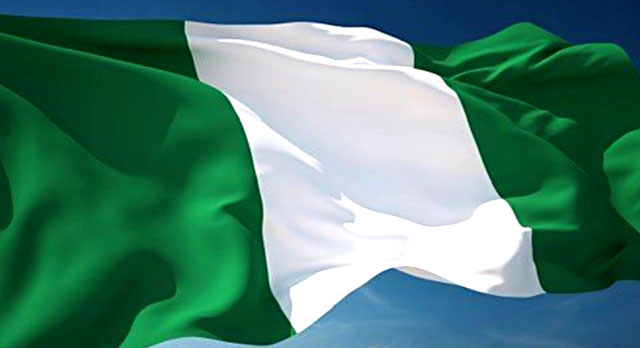Nigeria, Africa’s most populous nation, has ranked 24th on the continent in terms of digital development, according to a new report by Statisense.
The report released on Thursday, which evaluated countries based on their Information and Communication Technology development index, places Nigeria behind several smaller nations.
Topping the list of digitally developed African countries is Libya, with an impressive ICT index score of 88.1. Morocco and Seychelles follow closely with scores of 86.8 and 84.7, respectively.
Other leading nations include Mauritius (84.2), South Africa (83.6), and Algeria (80.9), indicating a significant presence of North African countries among the top performers.
In contrast, Nigeria’s ICT index score of 46.9 places it below neighboring countries such as Ghana, which ranks 15th with a score of 66.2. Kenya, another significant economic player in sub-Saharan Africa, ranks 18th with a score of 58.5.
As of March 2024, Nigeria’s internet penetration stood at approximately 43.53 per cent. This figure reflects the percentage of the population with access to broadband services, which has seen a gradual increase from earlier levels.
The Nigerian Communications Commission, the telecom regulator, aims to reach a target of 70 per cent broadband penetration by 2025 as part of the National Broadband Plan.
Reacting to the report, the co-founder of XChangeBOX, Abiola Jimoh, said Nigeria’s digital growth is facing significant hurdles despite its large population of over 200 million.
While initial investments in mobile technology boosted data usage and adoption, the country still lags in overall digital development, he stated.
“Recently, there has been a shift towards fiber optics,” Jimoh told The PUNCH, “but the high cost of implementation remains a major obstacle.”
He noted that Nigeria’s reliance on imported components for broadband deployment, which requires foreign currency, further hinders the rate of investment.
Jimoh also highlighted that inconsistent policy directions and political instability are major deterrents for investors in the technology sector. He emphasized the need for a stable policy environment and local production of essential components to drive digital growth.
With the right investments and strategic focus, Nigeria has the potential to significantly improve its standing in the ICT index and contribute to Africa’s digital transformation. Addressing these challenges is crucial for Nigeria to bridge the digital divide and achieve its economic goals.
In another report released last month by the International Telecommunications Union, Nigeria was ranked high in its readiness for digital transformation, with a score of 71 per cent.
The report highlighted Nigeria’s strong regulatory framework and collaborative governance as positives, but significant disparities in digital access and infrastructure remain, indicating a need for further improvement.
Meanwhile, the Minister of Communications, Innovation and Digital Economy, Bosun Tijani, and the National Information Technology Development Agency are leading initiatives to drive Nigeria’s digital transformation.
Nigeria is set to deploy an additional 90,000 kilometers of fibre optic cables, increasing its capacity from 35,000 km to 125,000 km.
The minister aims to enhance internet connectivity and make Nigeria’s fibre network the third-largest in Africa, following South Africa and Egypt.
The project will be managed through a special-purpose vehicle to ensure effective implementation and governance. It is expected to significantly boost internet penetration, connect over 200,000 institutions, and contribute to GDP growth.



